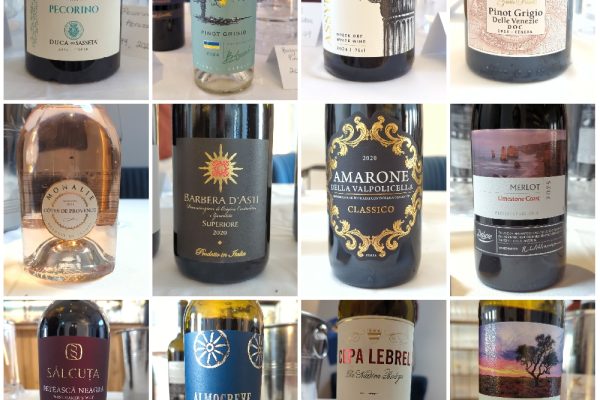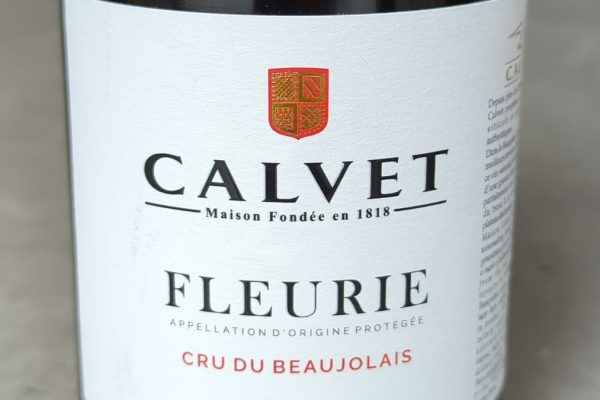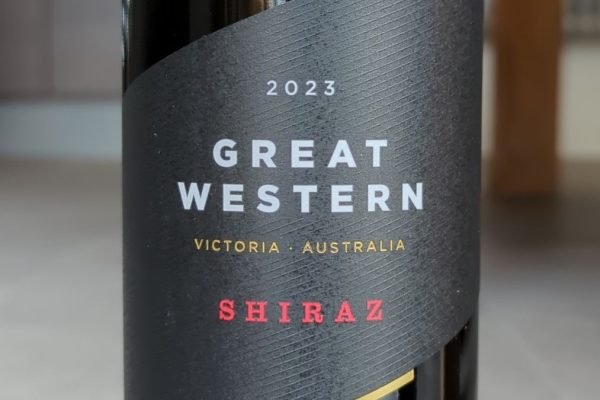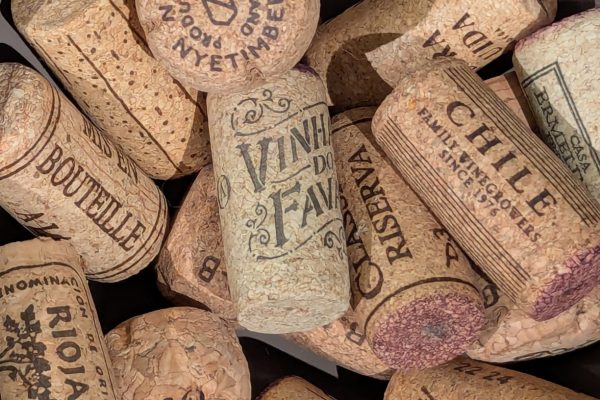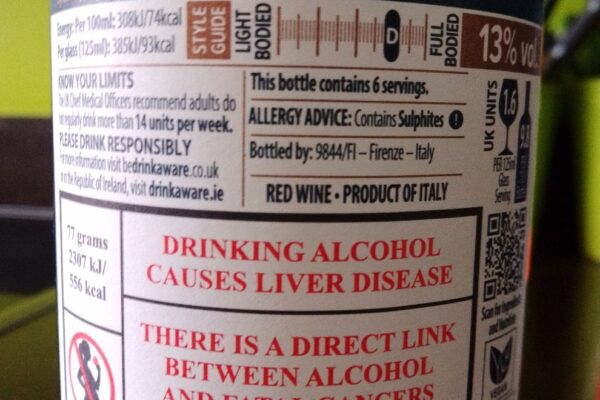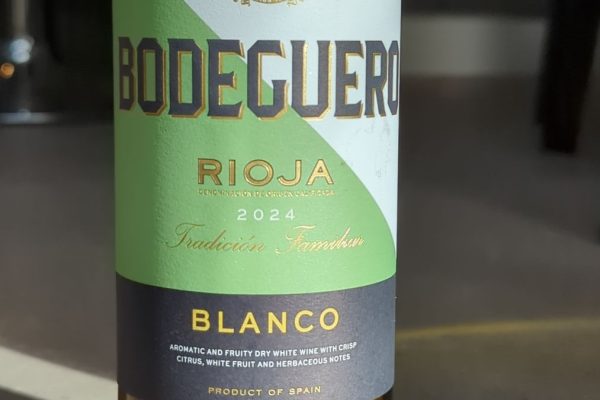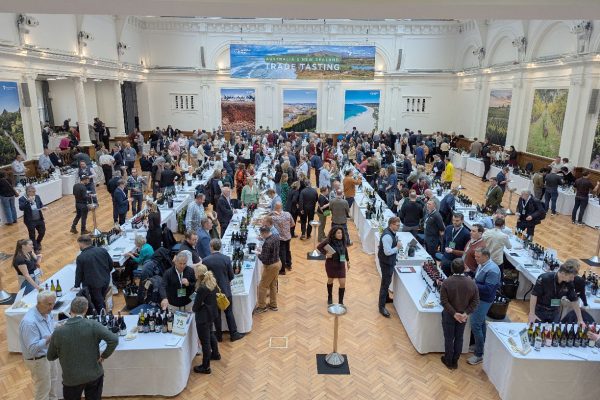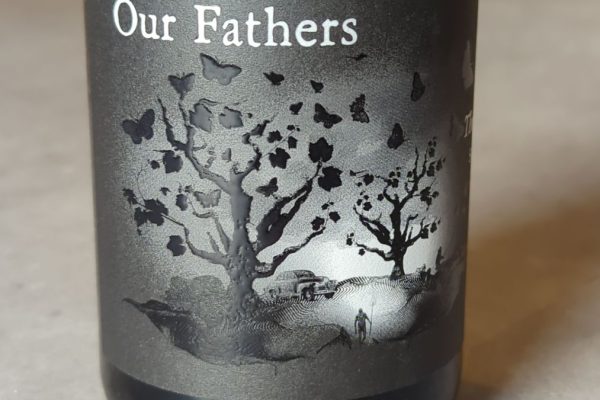
True Taste by Matt Kramer is a slim yet thought-provoking exploration of wine appreciation, wrapped in a mere 128 pages. Kramer, a respected American wine writer and critic, is known for challenging industry norms and questioning accepted wisdom. His approach to wine criticism, rooted in decades of experience and as the person who ‘invented’ the concept of ‘terroir’, shines through in this compact book.
Kramer, a regular contributor to Wine Spectator, has spent his career examining wine’s complexities and subtleties. He’s a wine thinker and isn’t afraid to challenge entrenched ideas, from questioning the manipulation of wine competitions to examining the nature of ‘supertasters’. In True Taste, he brings these critical insights to the reader, aiming to clarify what truly makes a wine exceptional and how to convey this.
I should say that while the book has a slight American slant, with American spellings and examples, its themes and insights are relevant for anyone interested in wine. Kramer begins by examining the myths of modern wine tasting, touching on the history of wine writing, which, interestingly, he traces back to the UK. Rather than a simple guide to wine terminology, True Taste introduces “the seven essential wine words.” These words, Insight, Harmony, Texture, Layers, Finesse, Surprise, and Nuance, are not merely descriptors of wine. They are frameworks for understanding and appreciating the art of wine.
Kramer’s approach is almost philosophical, guiding readers to look beyond flavour descriptors to deeper interpretations. For instance, ‘Insight’ is about more than facts; it’s about seeing wine within a larger context, drawing connections between past experiences and broader trends. ‘Harmony’ goes beyond technical balance, suggesting a cohesive flow of aroma and taste that makes a wine feel complete. ‘Texture’ considers mouthfeel, tannin density and depth, inviting the reader to consider the substance of wine beyond its flavours. These higher-level concepts elevate wine appreciation, encouraging readers to develop a keener sense of what makes a wine stand out.
The book is also practical. It subtly guides readers to think about wine criticism from two perspectives: what wine writers should bring to their work and what readers should look for when evaluating wine descriptions, whether from suppliers, critics or friends. Kramer’s framework empowers readers to discern the quality of what they read about wine and interpret different perspectives.
In a surprising twist, True Taste doesn’t end with a conventional conclusion but rather some related observations on wine and cheese, reinforcing the idea that wine appreciation is a journey, not a destination. This choice reflects the book’s philosophical undertone, being a reflective experience rather than a step-by-step guide.
For those seeking more than just descriptors for wine, True Taste is an enlightening read. It challenges readers to view wine at a higher level, making them question and redefine what makes the greatest wines memorable. Published by Cider Mill Press, this hardcover edition retails around £13 in the UK and $13 in the US.





